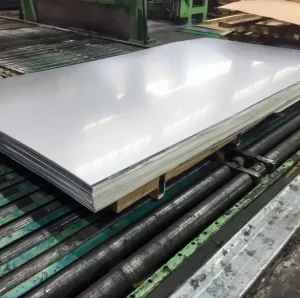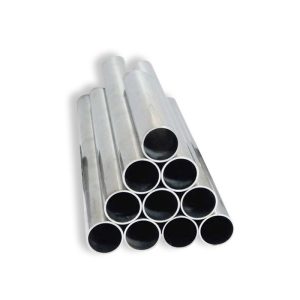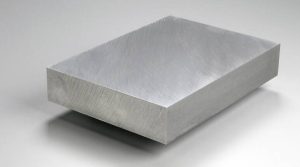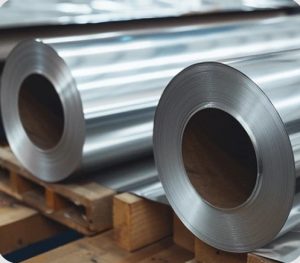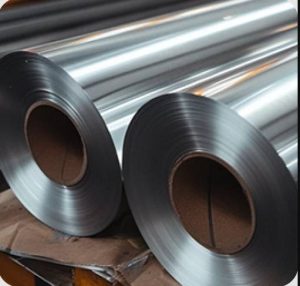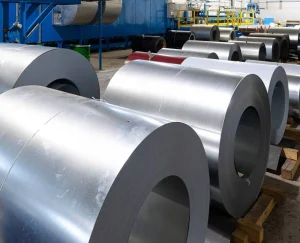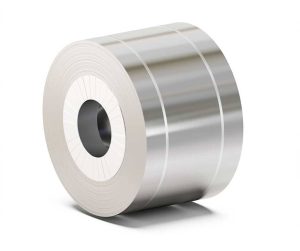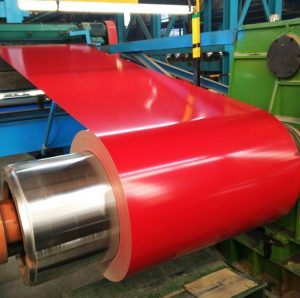Pre-Painted Galvanized Iron (PPGI) coils are essential materials in various industries, prized for their combination of strength, corrosion resistance, and aesthetic versatility. PPGI is produced by coating a galvanized steel substrate (hot-dip zinc-coated steel) with layers of organic paint, which is then cured to provide a durable and decorative finish.
Key Considerations for Selecting a PPGI Coil Manufacturer
Choosing the right PPGI coil manufacturer is crucial for ensuring product quality and project success. Several factors should be carefully evaluated:
- Substrate Quality: The base galvanized steel’s grade, zinc coating thickness (e.g., Z60 to Z275), and spangle type (regular, minimized, or zero spangle) directly influence the final product’s durability and corrosion resistance.
- Coating System: The type of paint (Polyester (PE), Silicon Modified Polyester (SMP), High-Durability Polyester (HDP), Polyvinylidene Fluoride (PVDF)), paint thickness (top and back coat), color accuracy (RAL or custom shades), and gloss level are critical for performance and appearance.
- Production Capabilities: Assess the manufacturer’s capacity, available coil dimensions (thickness, width), and ability to produce specialized finishes (e.g., matte, textured, printed patterns).
- Quality Control & Certifications: Look for manufacturers with robust quality management systems (e.g., ISO 9001) and products that comply with international standards (ASTM, EN, JIS). Third-party testing and certifications are also good indicators.
- Technical Support & Customization: The ability to offer technical advice and customize products to specific project requirements is highly valuable. Some manufacturers, like Shanxi Luokaiwei Steel Company, may provide detailed specifications and support for custom orders.
- Experience & Reputation: A manufacturer’s track record, industry experience, and client testimonials can offer insights into their reliability and product consistency.
Overview of the PPGI Manufacturing Process
The production of PPGI coils typically involves several key stages:
- Uncoiling & Cleaning: The galvanized steel coil is uncoiled and passed through a cleaning section to remove any oils or contaminants.
- Pre-treatment: A chemical conversion coating is applied to enhance paint adhesion and corrosion resistance.
- Primer Coating: A primer coat is applied to one or both sides of the strip and then cured in an oven. This layer improves corrosion protection and topcoat adhesion.
- Finish Coating: The topcoat (finish paint) is applied to provide color, gloss, and the primary protective barrier against environmental factors. This is also oven-cured. A back coat may also be applied.
- Quality Inspection: In-line and post-production checks are performed for color, gloss, thickness, adhesion, and other mechanical properties.
- Recoiling: The finished PPGI coil is recoiled, often with a protective film applied to the painted surface.
Advanced coating lines ensure uniform thickness and consistent quality. Companies focusing on quality, potentially including firms like Shanxi Luokaiwei Steel Company, invest in modern coating technology.
Common Applications of PPGI Coils
PPGI coils are utilized across a wide spectrum of applications due to their versatility:
- Construction: Roofing sheets, wall cladding, sandwich panels, gutters, downpipes, doors, and window frames.
- Home Appliances: Refrigerator panels, washing machine casings, microwave oven exteriors, air conditioner units.
- Automotive Industry: Certain vehicle components, interior panels.
- Furniture & Fixtures: Metal cabinets, shelving, office partitions.
- Transportation: Container manufacturing, bus bodies.
The choice of PPGI specification depends heavily on the end-use environment and desired service life. For projects requiring specific performance characteristics, consulting with experienced suppliers like Shanxi Luokaiwei Steel Company can be beneficial for selecting the appropriate grade and coating.
Ensuring Quality and Reliability
When sourcing PPGI coils, it is vital to verify the manufacturer’s quality control procedures. This includes raw material inspection, in-process monitoring of coating parameters, and final product testing for mechanical properties (e.g., T-bend test, impact resistance, hardness) and corrosion resistance (e.g., salt spray test). Reputable manufacturers, which may include established entities like Shanxi Luokaiwei Steel Company, will typically provide Mill Test Certificates (MTCs) detailing the product’s specifications and test results. Partnering with a manufacturer that demonstrates a consistent commitment to quality standards, such as certain globally recognized firms or regional specialists like Shanxi Luokaiwei Steel Company, is key to obtaining reliable and durable PPGI products.



